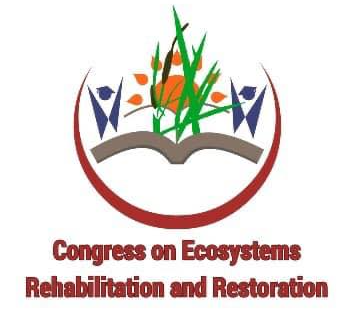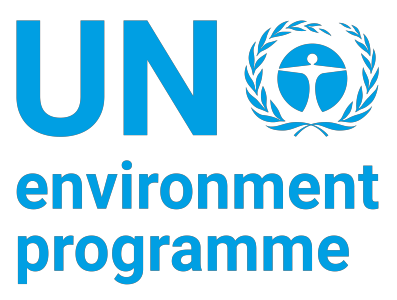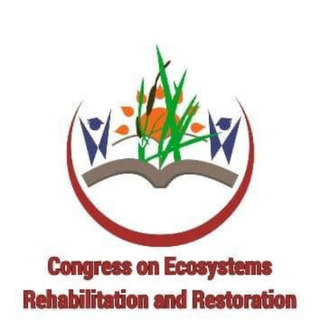Restoring life, healing nature - promoting the diligent and sustainable utilization of all ecosystems by everyone
Ecosystem restoration is everyone's responsibility - communities joining hands to care for their environment.
The importance of ecosystems and the dependence of humans to the environment remains undisputed. Human forms part of the ecosystem, and although man perceives himself as a superior species over others; his interventions have led to mismanagement. The unsustainable utilization of resources coupled with detrimental anthropogenic activities such as pollution have resulted in a rapid decline of valuable ecosystems which support life on earth.
Our wellbeing is affected by the environmental in numerous ways. Therefore, continual degradation and unsustainable use of natural resources will result in the degradation of our wellbeing, which could give way to the sixth extinction. Ecosystems have been pushed beyond limits, beyond carrying capacity, which raises a question on whether we have not pushed the earth to the point of no return. Approximately 25% of the land has been degraded.
About 13% of Carbon dioxide, 44% of methane, and 82% of nitrous oxide are released as by-products of various anthropogenic activities. For ecosystems to continue to provide the required services and regain resilience, degradation needs to be reversed and anthropogenic activities minimised, thereby allowing processes such as life cycles and succession to take place naturally. This is achieved through identification and elimination of degradation contributors.
Vision
“A world leader in ecosystems rehabilitation and restoration anchored in community engagement and empowerment.”
Mission
“To provide innovative, contemporary, and well-researched strategies to curb the tide of environmental degradation and restore life.”
Aim
The aim of the International Congress on Ecosystems Rehabilitation and Restoration (ICERR) is to address environmental issues through indigenous knowledge systems, by allowing communities to identify their environmental problems and together, explore and trial possible mitigation measures to curb further degradation. We aspire to address various socio-economic and environmental issues through collaborative work with communities and citizen science.
Intervention in the form of research, fieldwork, training, monitoring, and environmental education will be implemented to solve community issues.
Why we do what we do
The degradation of ecosystems is an environmental problem that diminishes the capacity of species to survive. This degradation occurs in different ways and is manifested in a reduction in the richness of the ecosystems as well as their biological diversity, and in the goods and services they can offer, thereby affecting indigenous and/or migratory species. The degradation of ecosystems due to overexploitation of their resources, though serving a short-term economic goal, has had direct negative effects on social welfare in the medium and long terms. As long as the ecosystem is not degraded, it represents a source of wealth for society, hence the importance of keeping it in good condition.
Hence why we started the powered imitative to fight against this cause we are in partnership with big private and sector organisations to make a difference in our country and around the earth to make one and all aware of our everyday live action killing our planet.








